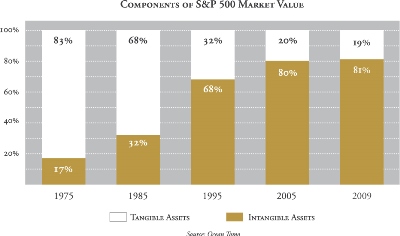I am always amazed as how people in leadership positions try to avoid crisis and instead choose ways that lead to a slow downfall. I believe that comes from the need to have an impression of control about what is happening. I think this impression of control is actually an illusion.
Crisis are moments where the current balance is not any more sustainable. Crisis are great moments of opportunity (ref. our post ‘Why a Crisis is Always a Great Opportunity to Change for the Better‘). But of course, it is more difficult to keep control of what is happening, in particular for people in leadership positions pre-crisis.

Trying to avoid crisis requires addressing the imbalances and trying to transition out into another state. The thing is, because they won’t be forced to, the people and organizations that benefit from the current situation won’t easily let go. They will resist. The imbalance will increase, and it is not sure at all that a crisis won’t happen sooner or later. Going into a triggered crisis mode with a plan is probably safer on the long term – and it is possibly better for most stakeholders as well. Triggered crisis will also have less amplitude, be more predictable and will remain more contained. Such is the way, for example, that avalanches are controlled in ski resorts.
I deeply believe that sometimes it is better to go into the crisis mode than try to maintain an illusory situation with the underlying structural imbalance increasing. I think that is exactly what is happening in China right now: out of a need to keep control, the government is trying to avoid a crisis by all means, and that will most probably turn out ugly at some stage, because the structural imbalances are deepening and an economic transition is needed. And in the meantime the entire global economy suffers for a long time.
Sometimes, triggering a crisis is better than trying to maintain the status-quo against all odds.













